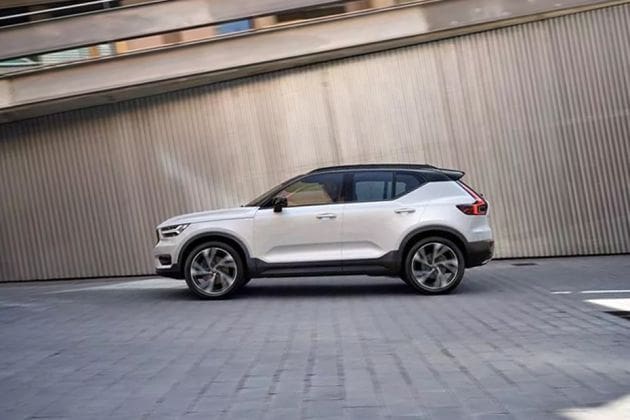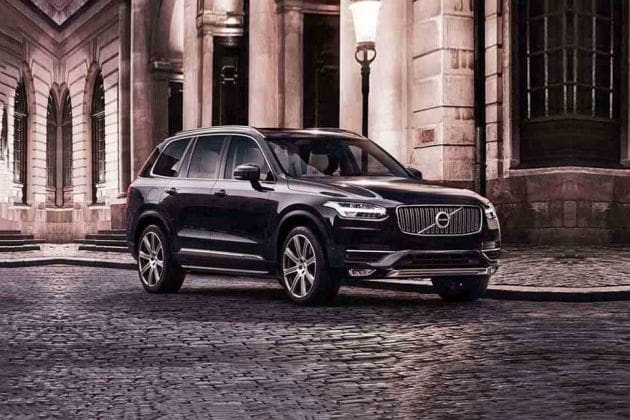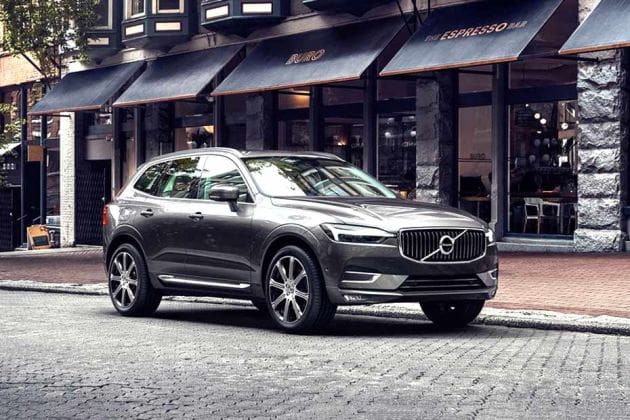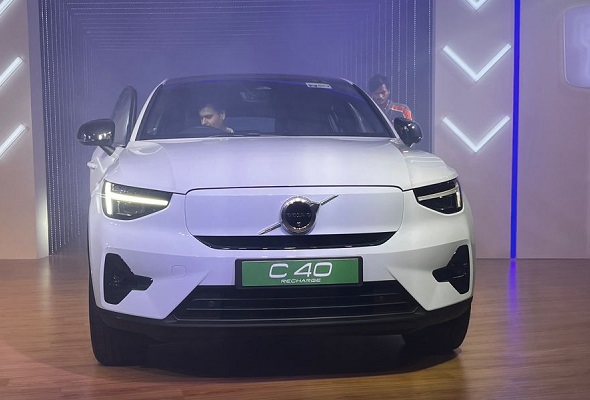Volvo to give all employees 24 weeks of paid parental leave


From next month Volvo Cars will roll out a Swedish version of paternity leave or ‘pappaledighet’ across its 40,000-strong global workforce.
Starting April, all employees irrespective of gender or location will get at least 24 weeks parental leave that covers 80% of their base pay. It’s an initiative that aims to create a “culture that supports equal parenting," according to Volvo’s chief executive Hakan Samuelsson.
Also check these Vehicles
The automaker, which is owned by China’s Zhejiang Geely Holding Group Co., says the new policy is inspired by the “tangible benefits" of parental rights in Sweden, where the government compensates parents by almost 80% of their pay checks (up to a cap) for 480 days per child.
“When parents are supported to balance the demands of work and family, it helps to close the gender gap and allows everyone to excel in their careers," Samuelsson said in a statement.
Also Read : Volvo's global manufacturing network powered by 90% climate neutral electricity
The benefit comes after Volvo ran a pilot scheme in Europe that saw fathers make up 46% of the applicants.
But the challenge for both employers and lawmakers is that such schemes often run up against deeply-seated cultural views on parenting and work. That holds true even in equality-loving Sweden, where fathers took only 30% of the days allotted for parental leave last year.
To counter this, Volvo will present the leave as a pre-selected option for employees. It hopes that will create what it calls a “default effect," as people are likely to stick with choices that are presented as standard.
Also Read : Volvo Cars to launch joint venture with ECARX to develop smart car softwares
Volvo Cars’ head of corporate functions, Hanna Fager, says the the policy will make it easier to attract talent and prepare the company for the seismic changes that the car industry is going through.
And with both parents taking leave, Fager hopes it will enable more women to pursue careers on equal terms as men.
“We are trying to solve problems that no one has fully solved and the best way of doing that is by having highly innovative teams. That power to innovate arises from diversity and inclusion," Fager said in an interview.









 1969.0 cc
1969.0 cc Multiple
Multiple



 78 kWh
78 kWh 530 Km
530 Km













